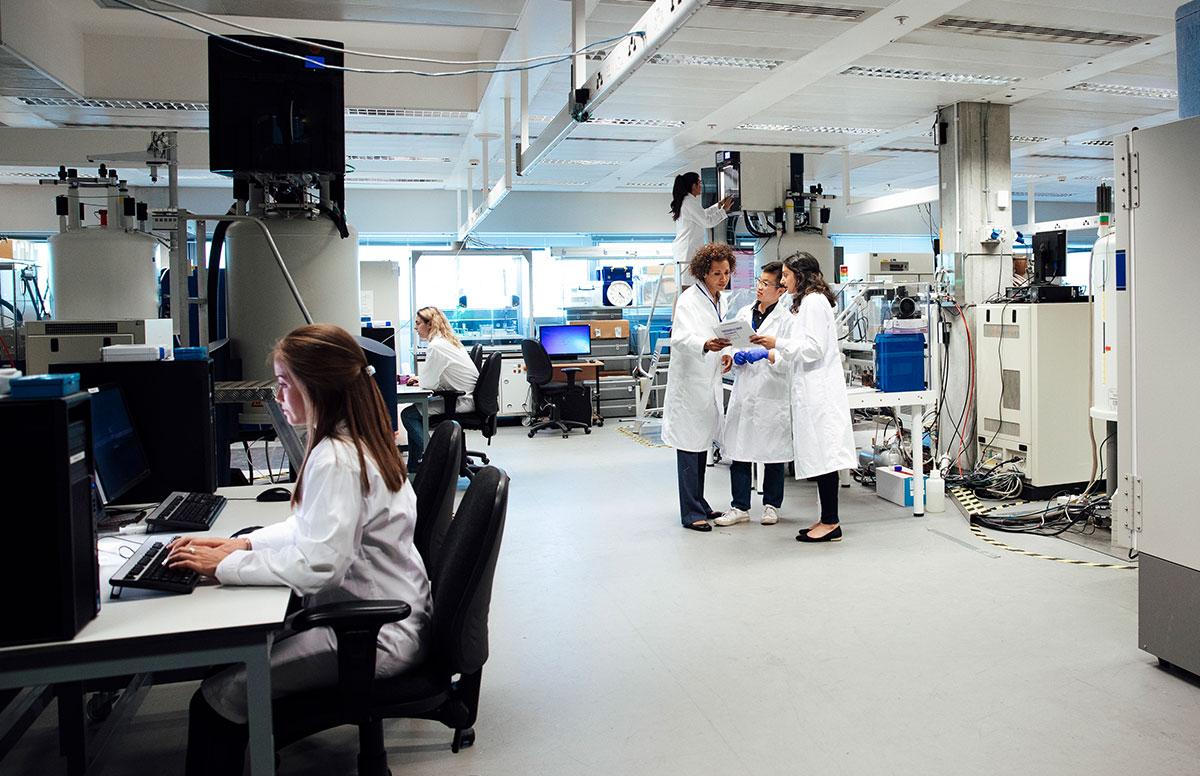Read this article in Dutch here.
The Netherlands is now serving a three-year term on the World Health Organization (WHO)’s Executive Board, a key decision-making body that guides the WHO’s work on global health. Alongside thirty-three other countries on the Executive Board, the Dutch delegation will attend the 144th session of the Executive Board in January 2019 to discuss topics ranging from polio eradication to the health implications of climate change.
But perhaps the most important topic on the Executive Board’s agenda is the WHO’s proposed Roadmap on Access to Medicines. This Roadmap sets priorities for the next five years of the WHO’s work on medicines around the world. As an Executive Board member, the Netherlands will help shape the discussion about how the WHO should approach this issue.
Unfortunately, the WHO’s Roadmap, proposed by the WHO’s Secretariat, has serious problems that Member States need to fix. For example, the Roadmap envisions an expanded WHO role advising countries on intellectual property, such as the use of “compulsory licenses” (sometimes called “TRIPS flexibilities”) to allow the manufacture of patented medicines without the patent owners’ consent. This is unnecessary and would gravely harm global innovation – making it harder for patients to access today’s medicines and undermining investment in tomorrow’s new treatments and cures.
The WHO’s Roadmap reflects a tendency at the WHO to see patents as a barrier to access. But this isn’t true: research has found no correlation between intellectual property and access to medicines. Nearly all the drugs the WHO deems “essential” are already off-patent yet still out of reach for millions due to other factors, such as weak and underfunded health care systems. Strengthening IP can actually facilitate access, both by stimulating new discoveries and making it easier for innovative medicines to reach patients that need them.
The WHO is also ill-suited to make these recommendations: it lacks the expertise to advise countries on the complex technical, economic and trade implications of intellectual property (IP) protections. Many countries have already raised concerns that the WHO should not spend its limited resources working on such polarizing tasks that are unlikely to improve access to medicines.
WHO Executive Board members need to step up—and speak out—about the vital role of IP in spurring new discoveries. That’s particularly important since Dutch patients – and the Netherlands’ economy—have generated substantial benefits from an innovation-friendly ecosystem, most importantly the production of lifesaving cures and treatments.
Take the Netherlands’ patent figures, for example. In 2017, the European Patent Office received nearly 500 Dutch patent applications for biotech and pharmaceutical innovations—a 17-percent increase from biotech and pharmaceutical patent applications the year prior. Moreover, according to the most recent figures, in a single year nearly $317 million was invested into pharmaceutical industry research and development (R&D), generating thousands of jobs. In fact, the World Intellectual Property Organization’s 2018 Global Innovation Index ranked the Netherlands as the second-most innovative economy in the world.
Yet the Netherlands’ statements in recent international meetings fail to recognize the tremendous value of biopharmaceutical innovation. Instead, Dutch statements often blame intellectual property—the key component of their knowledge-driven economy—instead of focusing on the multifaceted, complex access barriers.
- At the 2017 Fair Pricing Forum, Martin van Rijin, Secretary of the Netherlands’ Ministry of Health, questioned the efficacy of the current R&D system and hinted at price controls or other means of deflating return on biopharmaceutical investment.
- At the 2018 World Health Assembly, the Dutch delegation rejected the idea of providing stronger IP protections, stating, “The Netherlands will continue its efforts to prevent ‘TRIPS-Plus’ provisions in free trade agreements with low-income countries.”
- In comments to the Dutch parliament in November 2017, Minister of Health Bruno Bruins stated his intention to “change the rules of the game” and “extensively explore” the use of compulsory licensing of patents on innovative medicines. This statement followed a report from the Netherlands Council for Public Health and Society, which recommended granting “authorisation for imposing compulsory licenses as a result of public health interests to the minister responsible for public health.”
These harsh anti-IP statements make the Netherlands an extreme outlier, taking positions far more extreme than other European Union countries and developed nations that benefit from medical research.
Despite the Netherlands’ tremendously successful innovation economy and the jobs it creates at home, Dutch leaders seem committed to advance an ideological agenda that opposes IP. In fact, the knowledge and entrepreneurial drive of Dutch biopharmaceutical scientists may be our world’s best hope for treating and curing cancer and other deadly diseases. Dutch positions on IP also risk undermining patient access and global health in the lower-income countries, where the Netherlands has long cared about development.
As WHO Executive Board considers how to improve access to medicines, the Netherlands has an opportunity to take a stand in favor of innovation and patient health. As a global health leader and major funder of development assistance, the Netherlands can help focus the WHO on tackling the real barriers to access, such as weak and under-funded health care systems, poor infrastructure and taxes/tariffs. In particular, the Netherlands should speak out clearly at the Executive Board meeting to convey concerns about the Roadmap and ensure it does not lead to expanded WHO activities that would undermine IP globally.
Now’s the time to act. Patients around the world depend on the Netherlands and the other Executive Board members to lead the charge on proactive and comprehensive solutions that address the real and complex obstacles to better global health.


